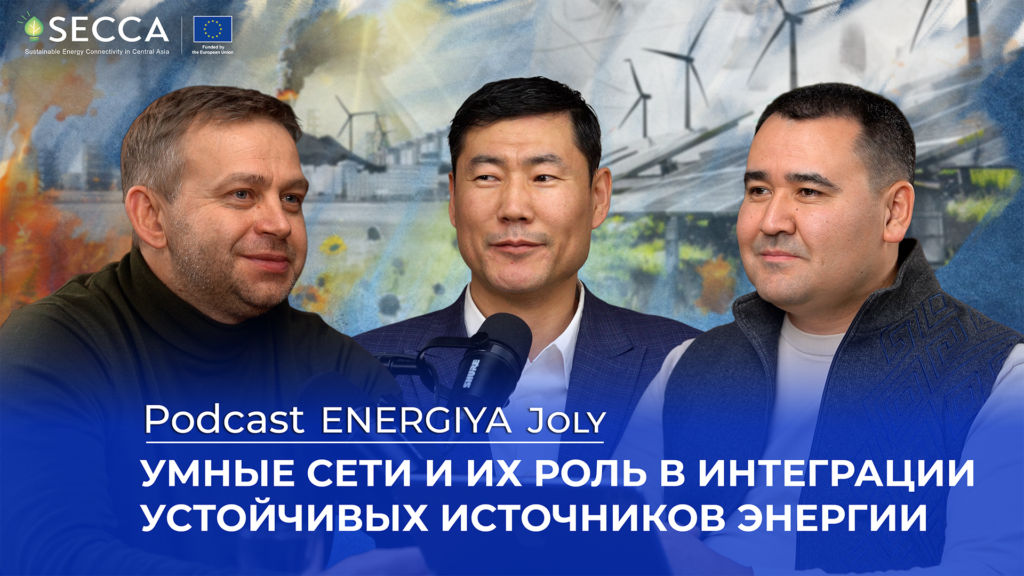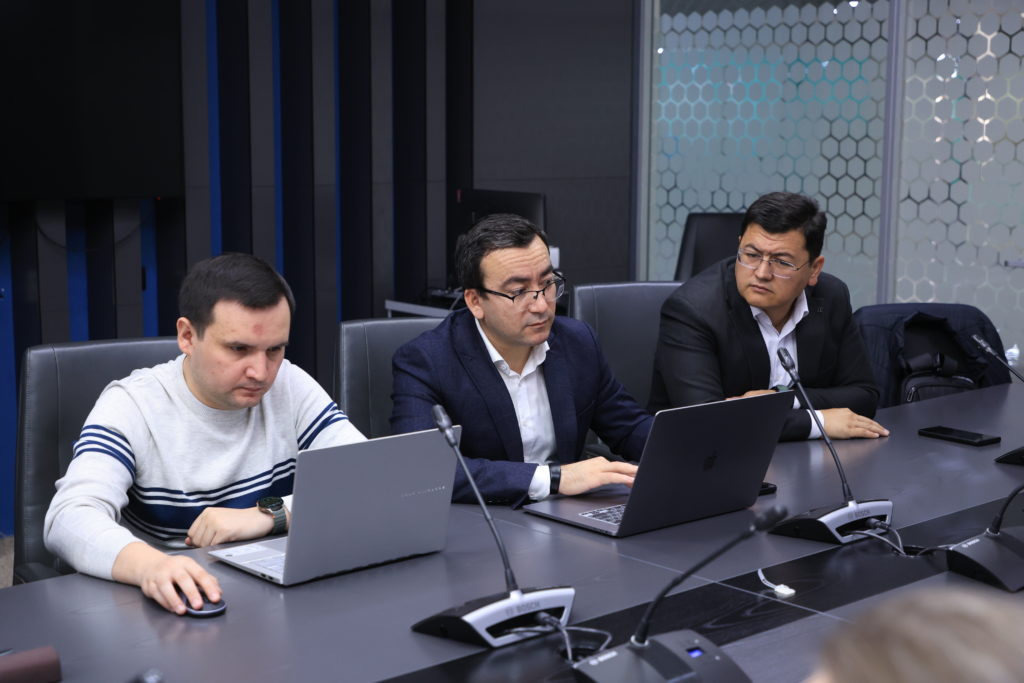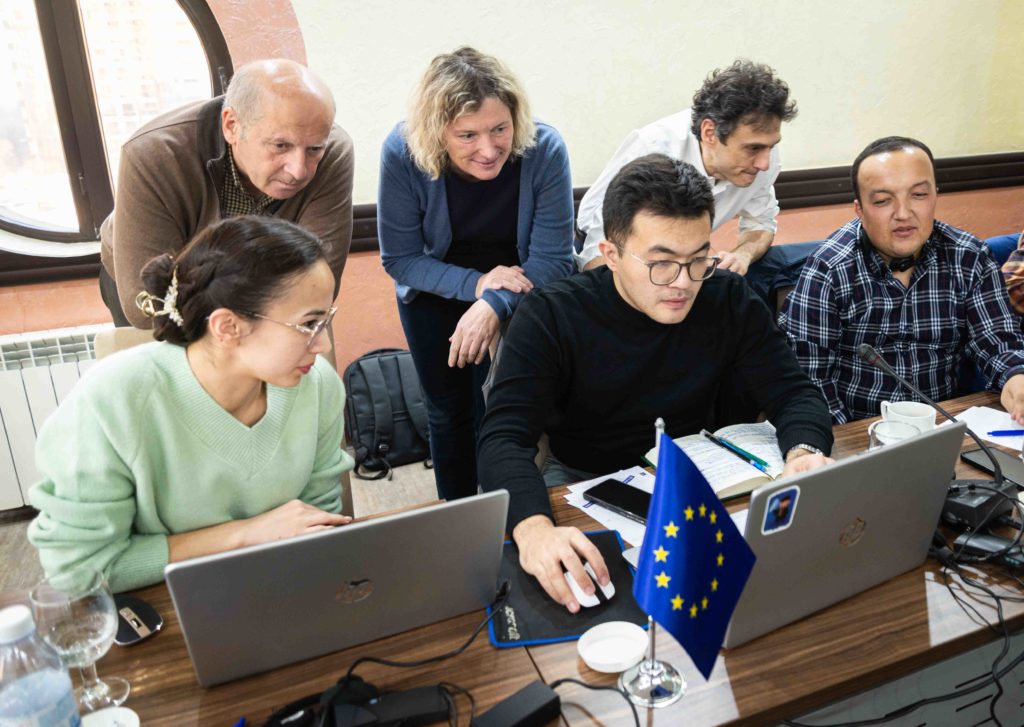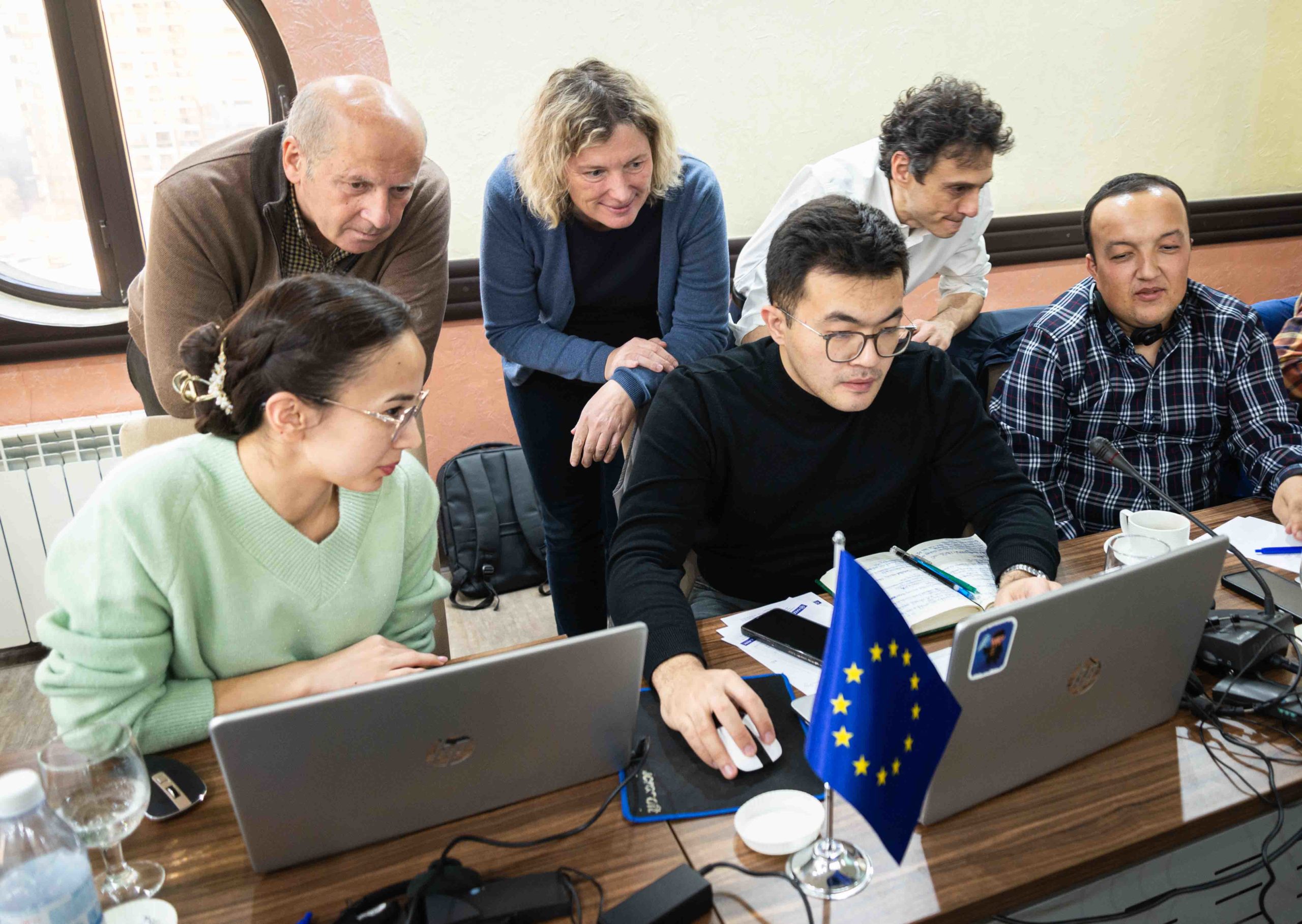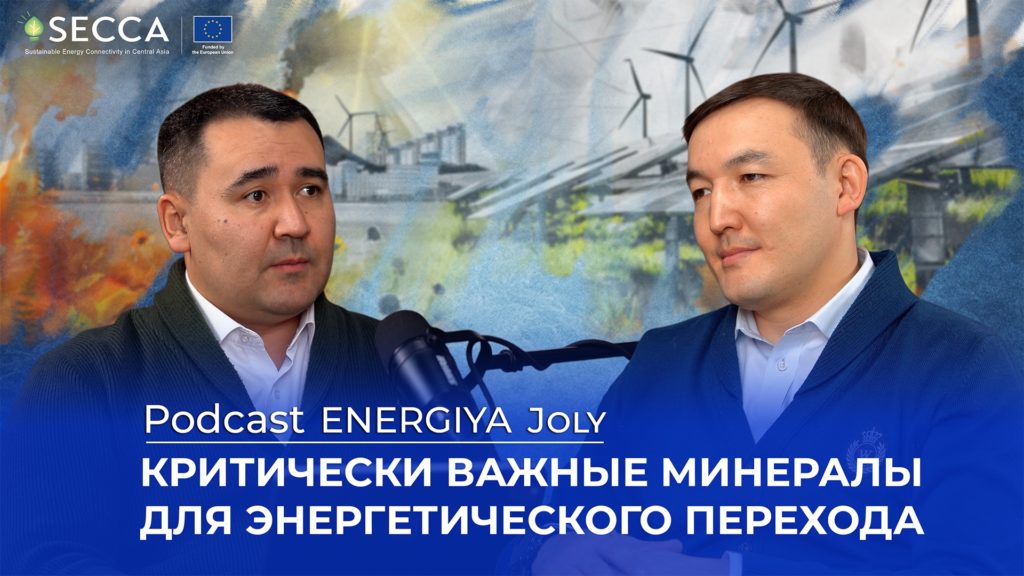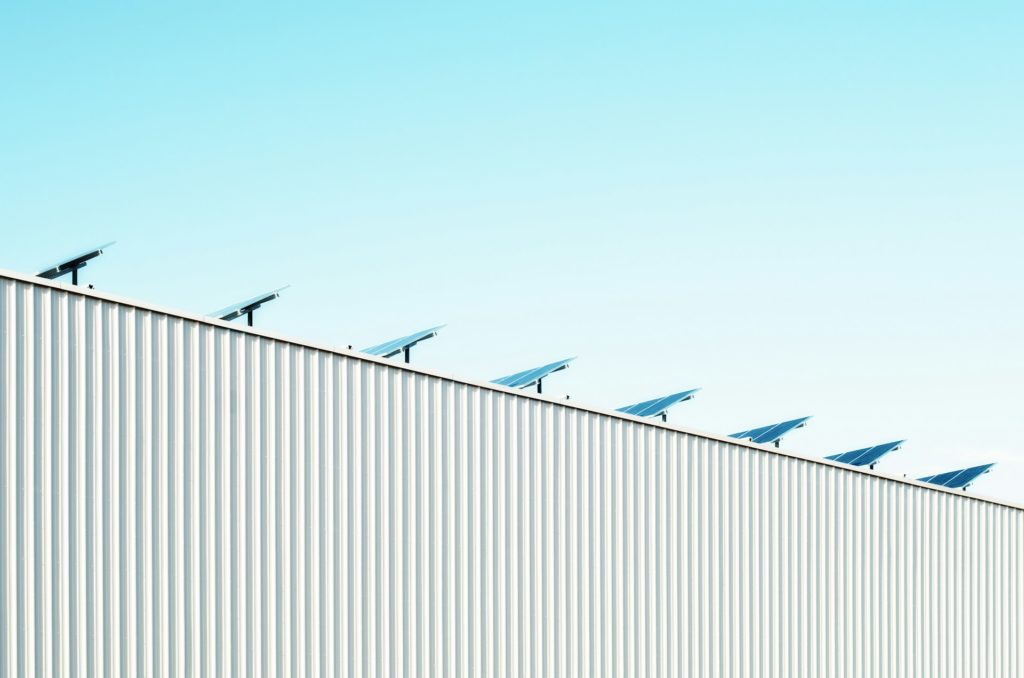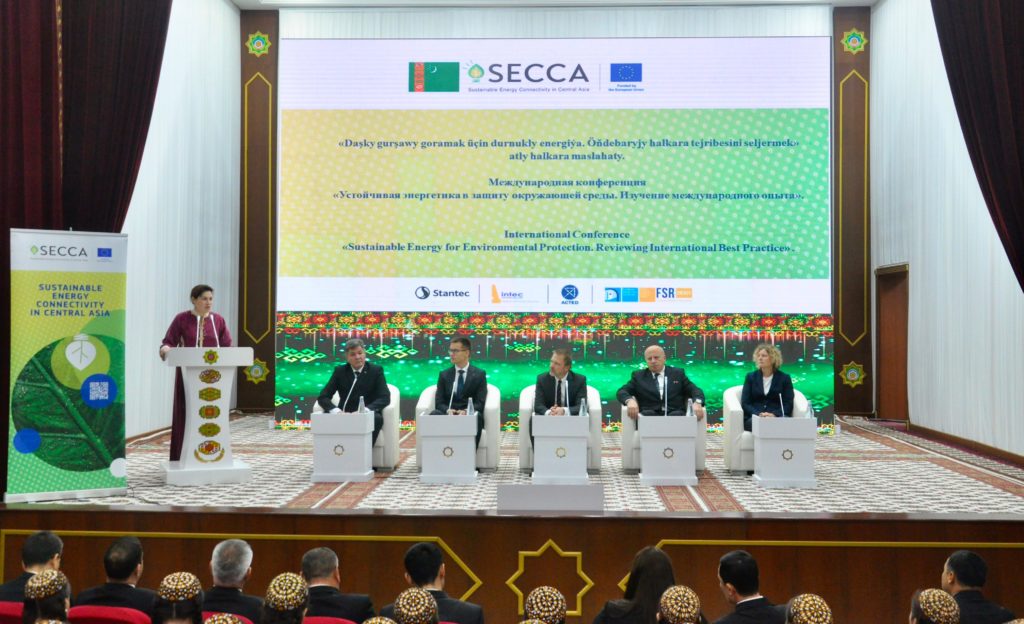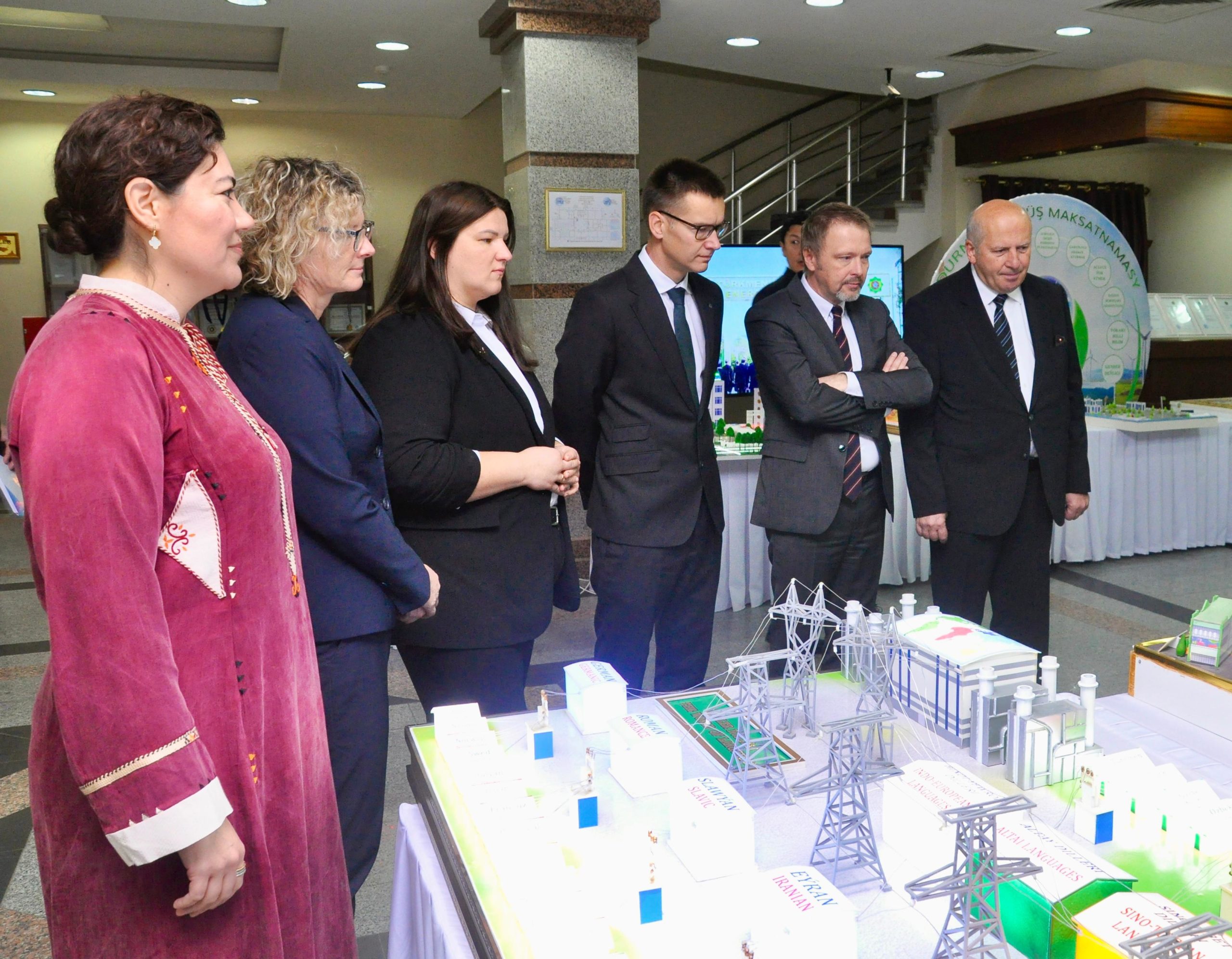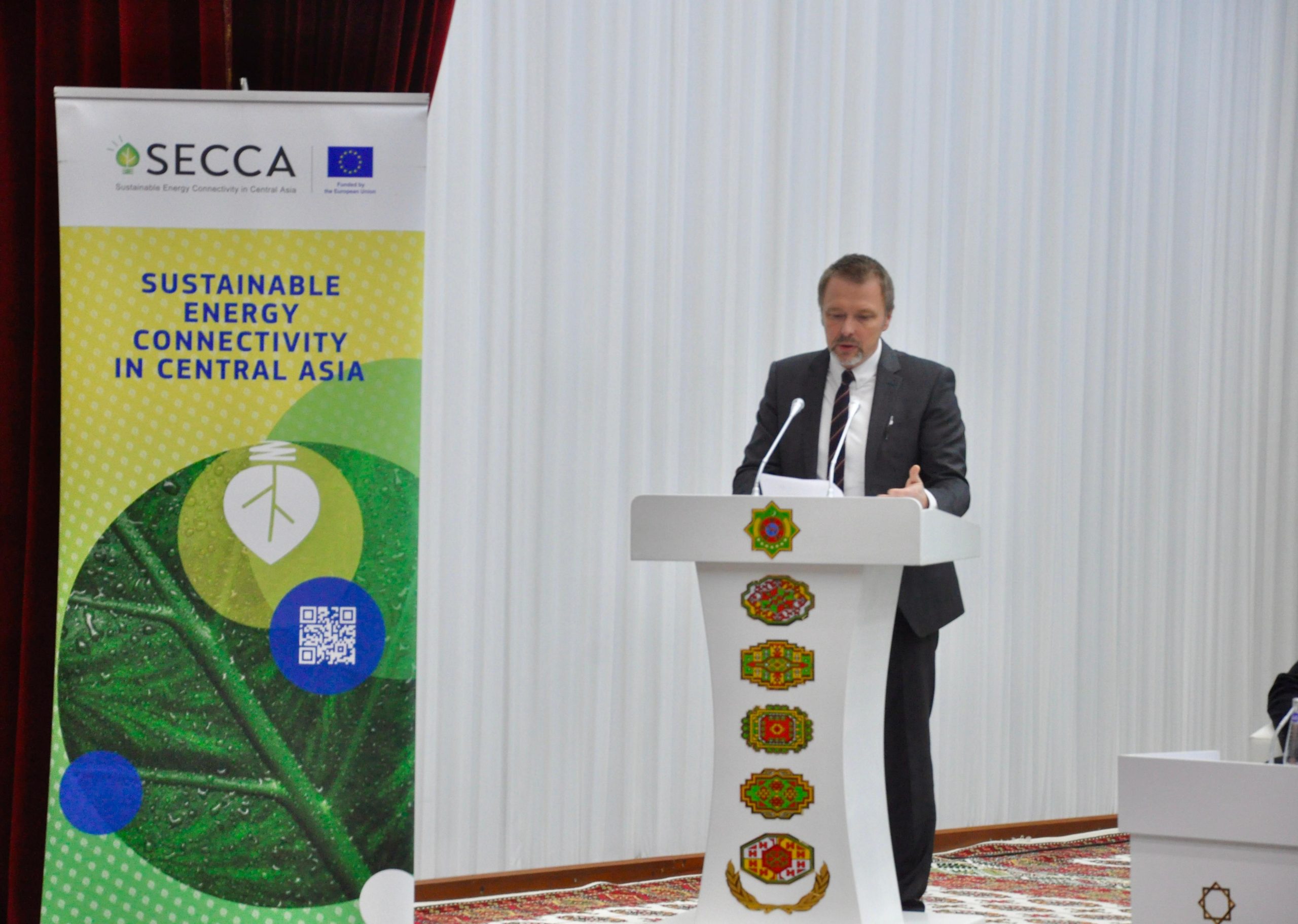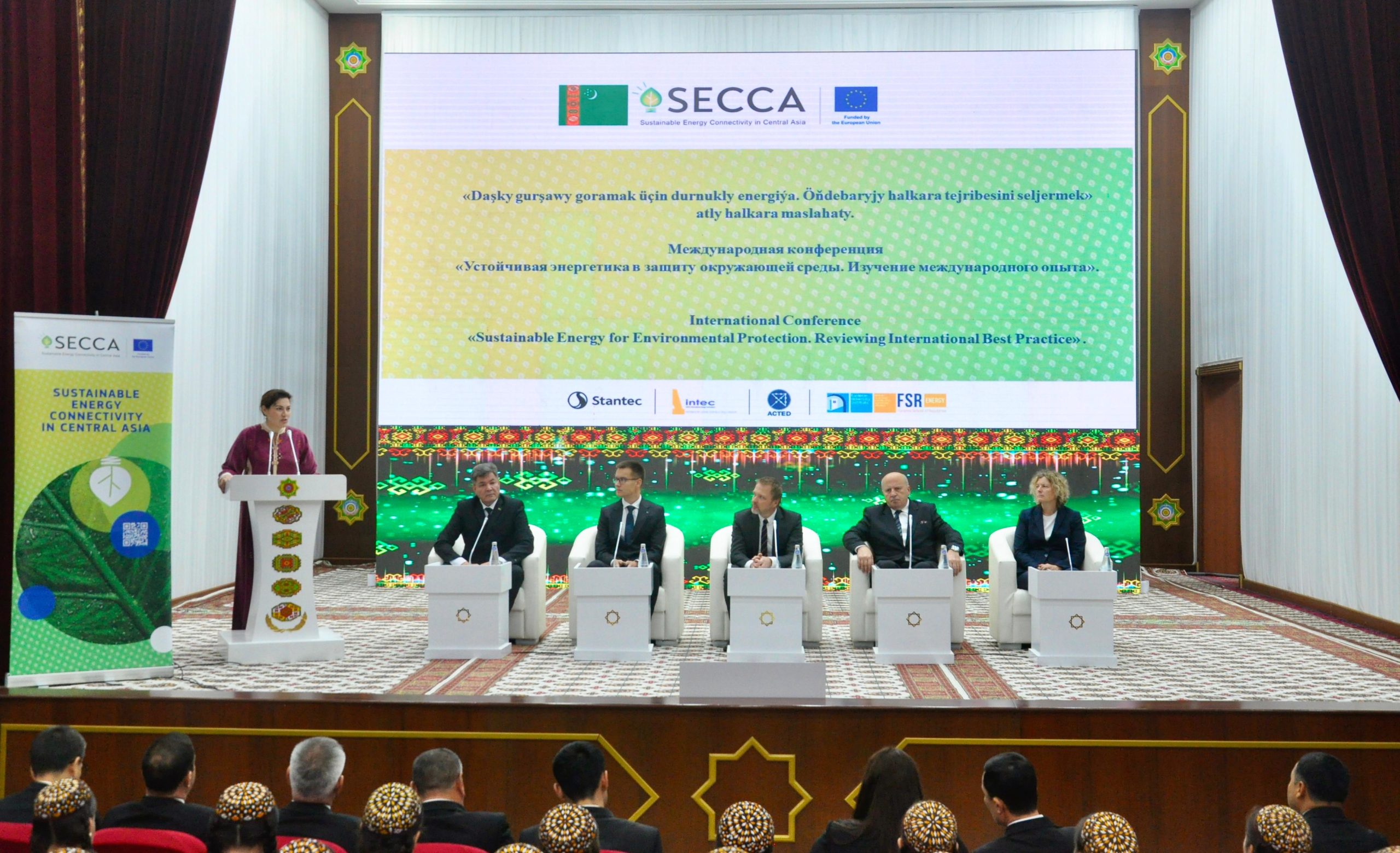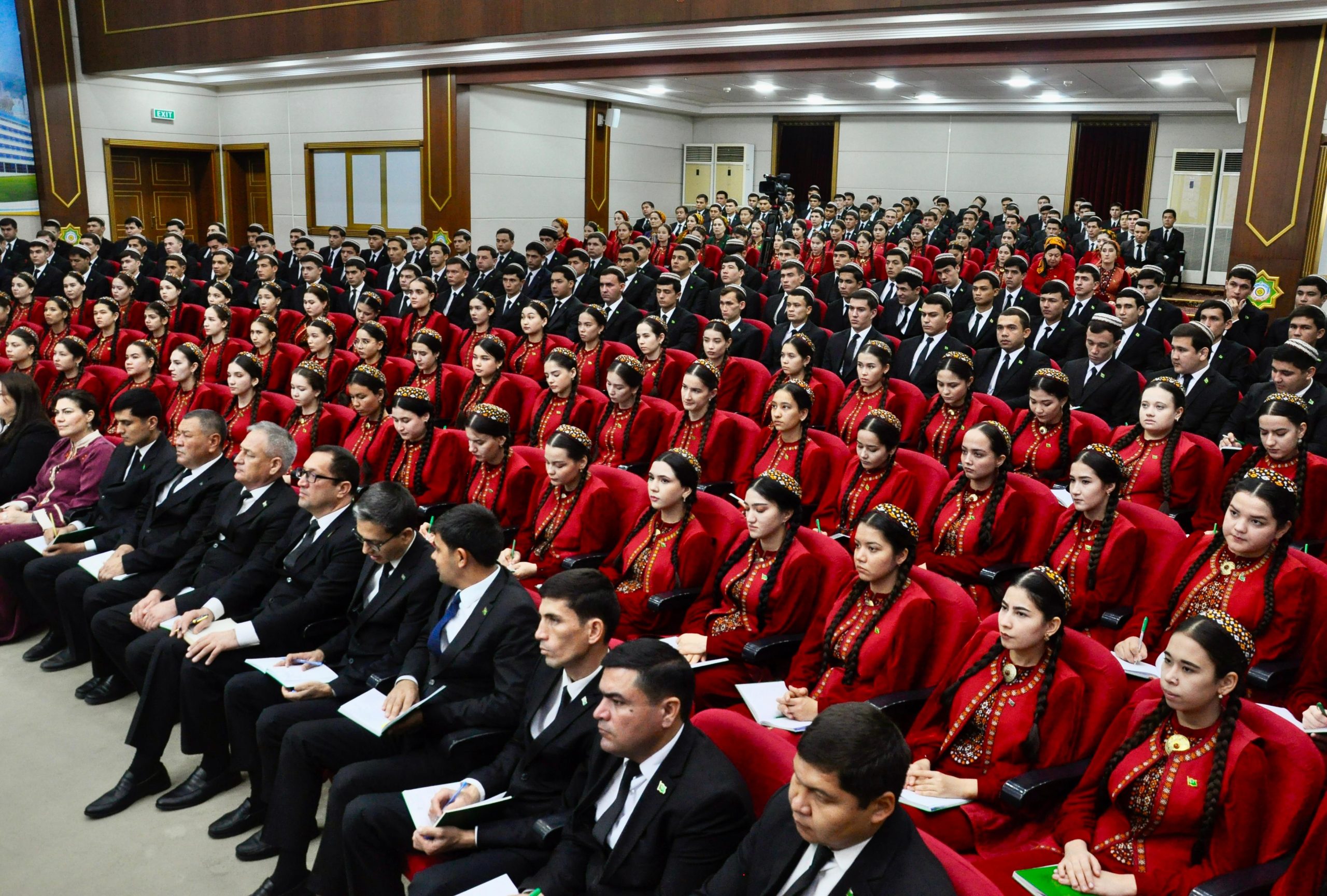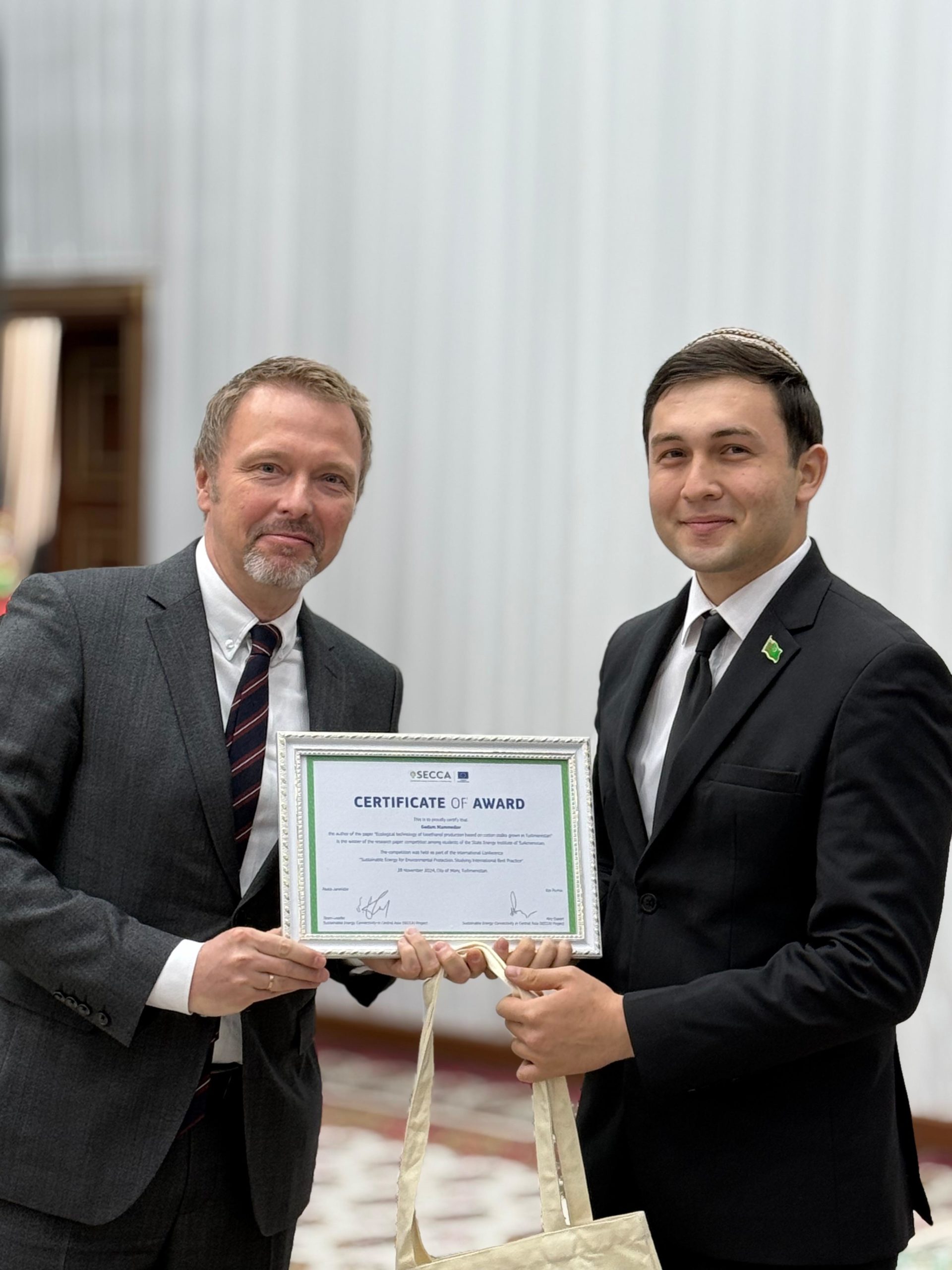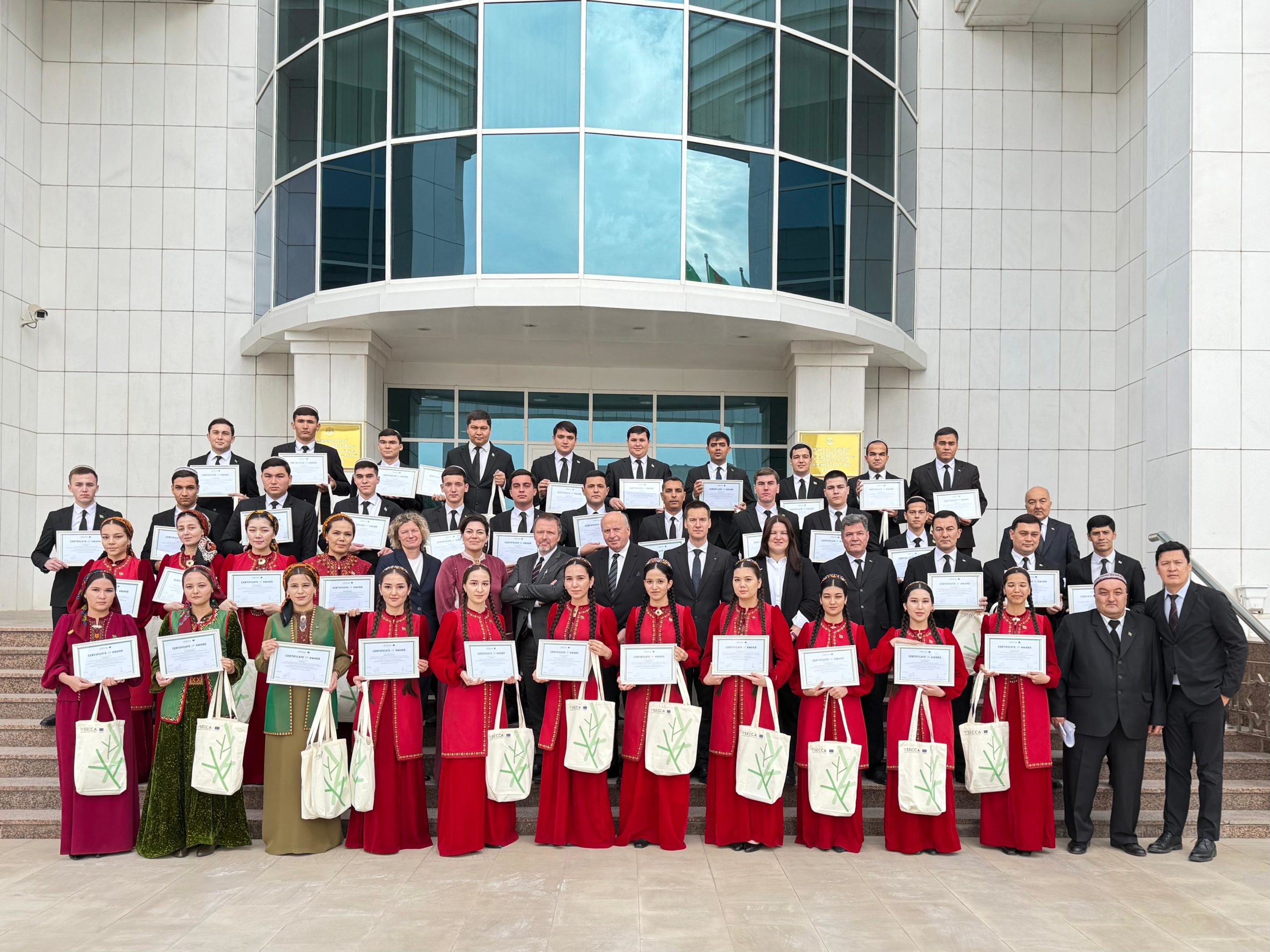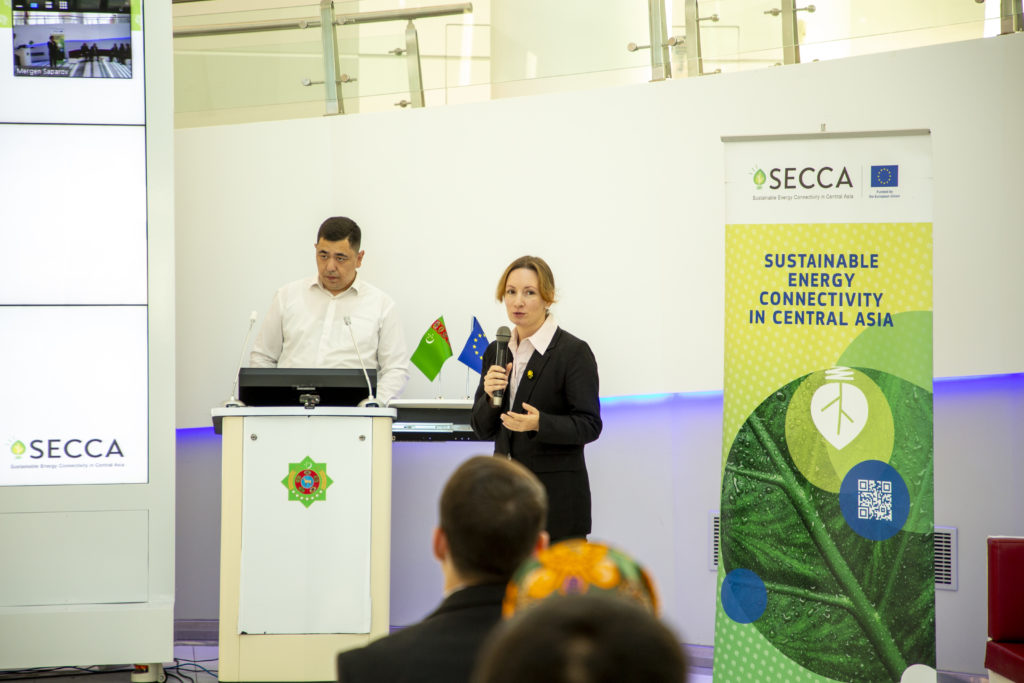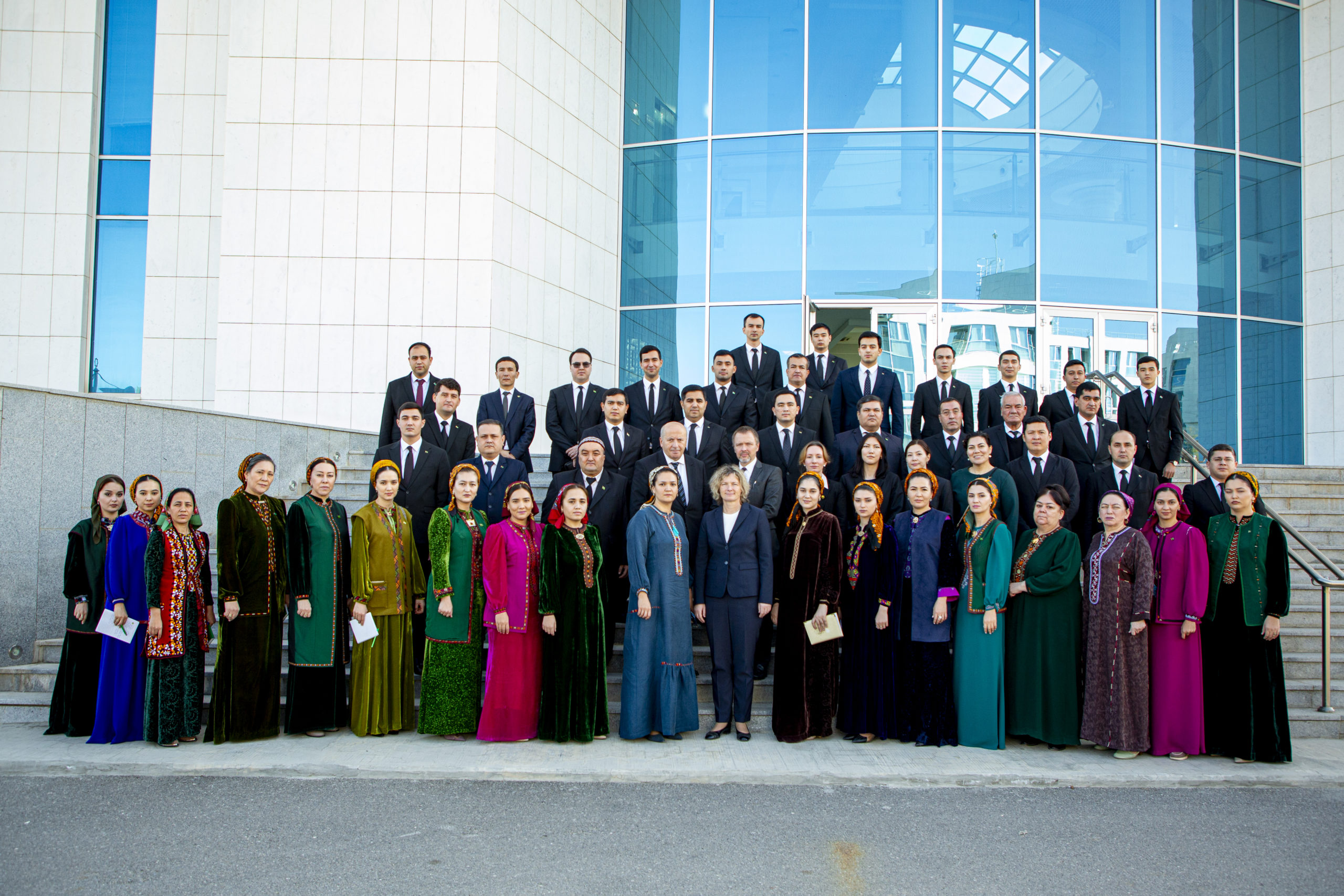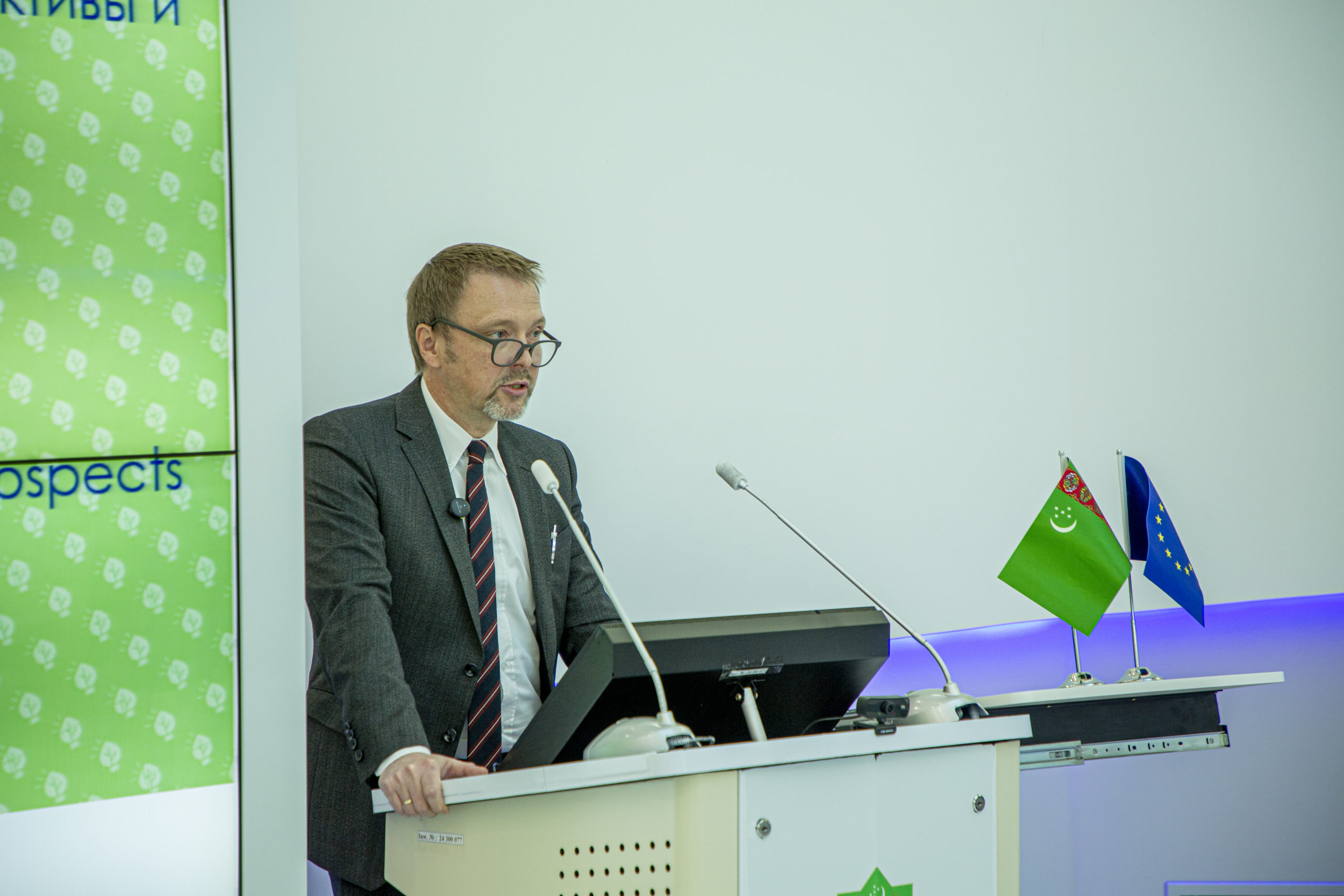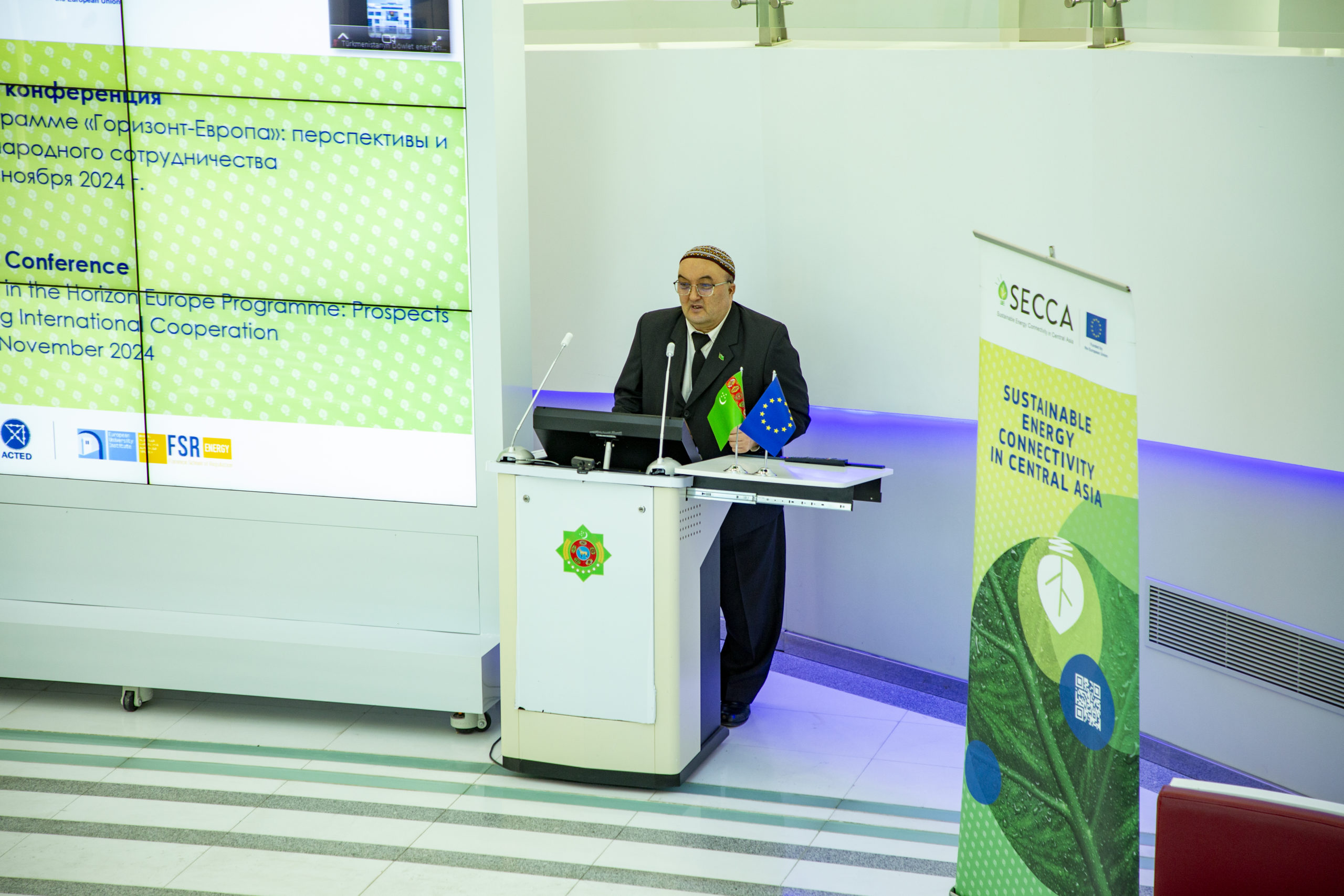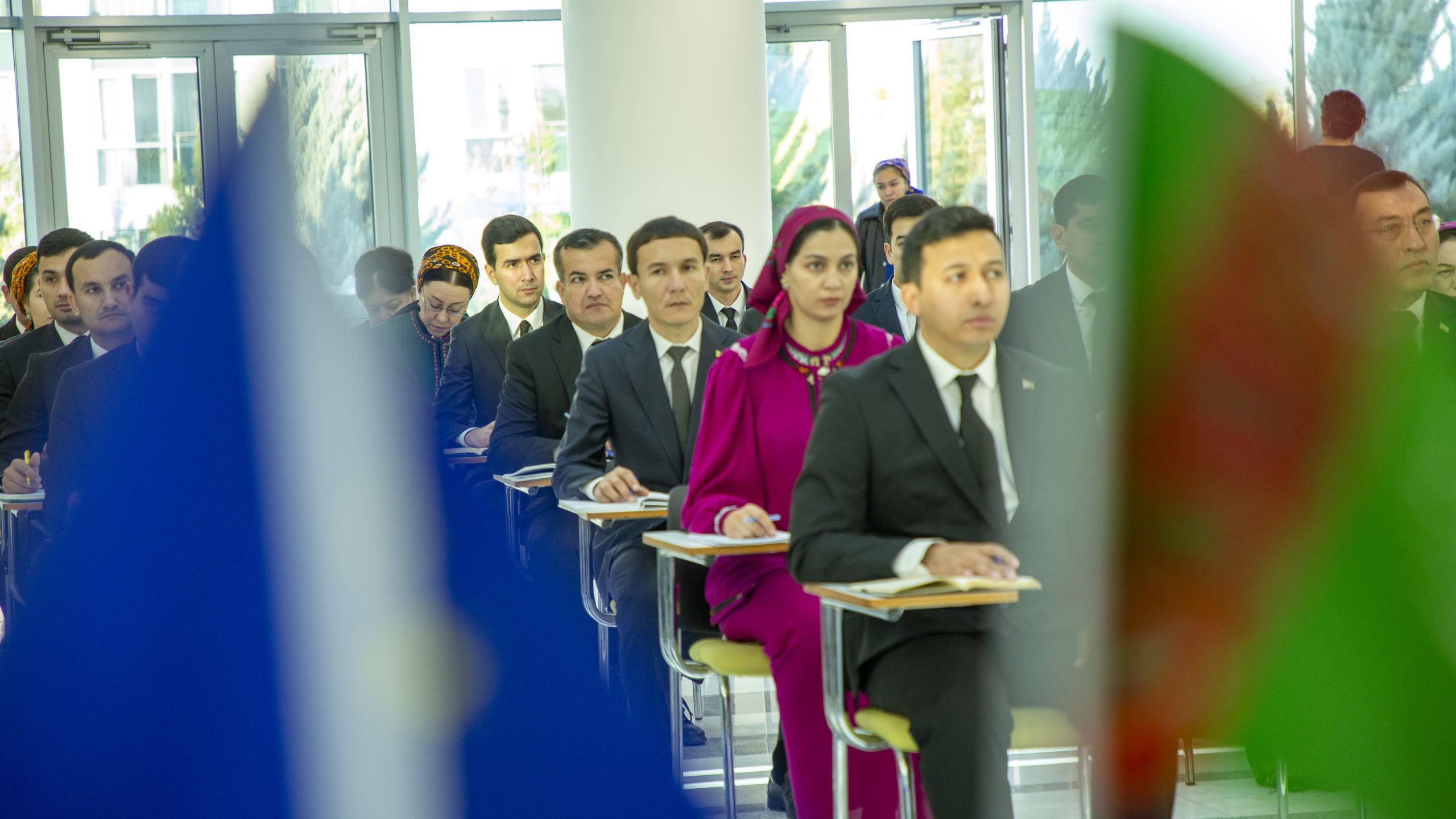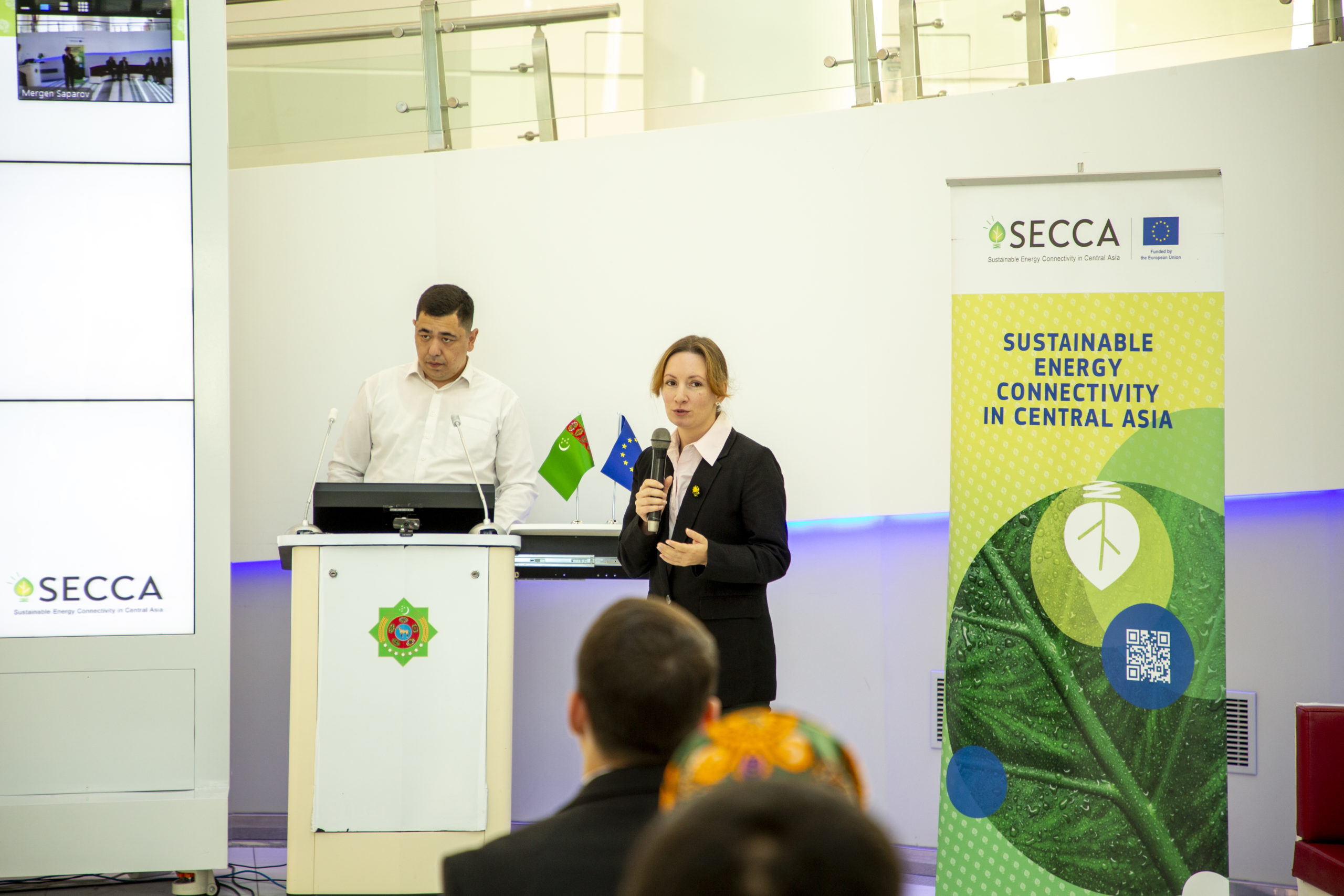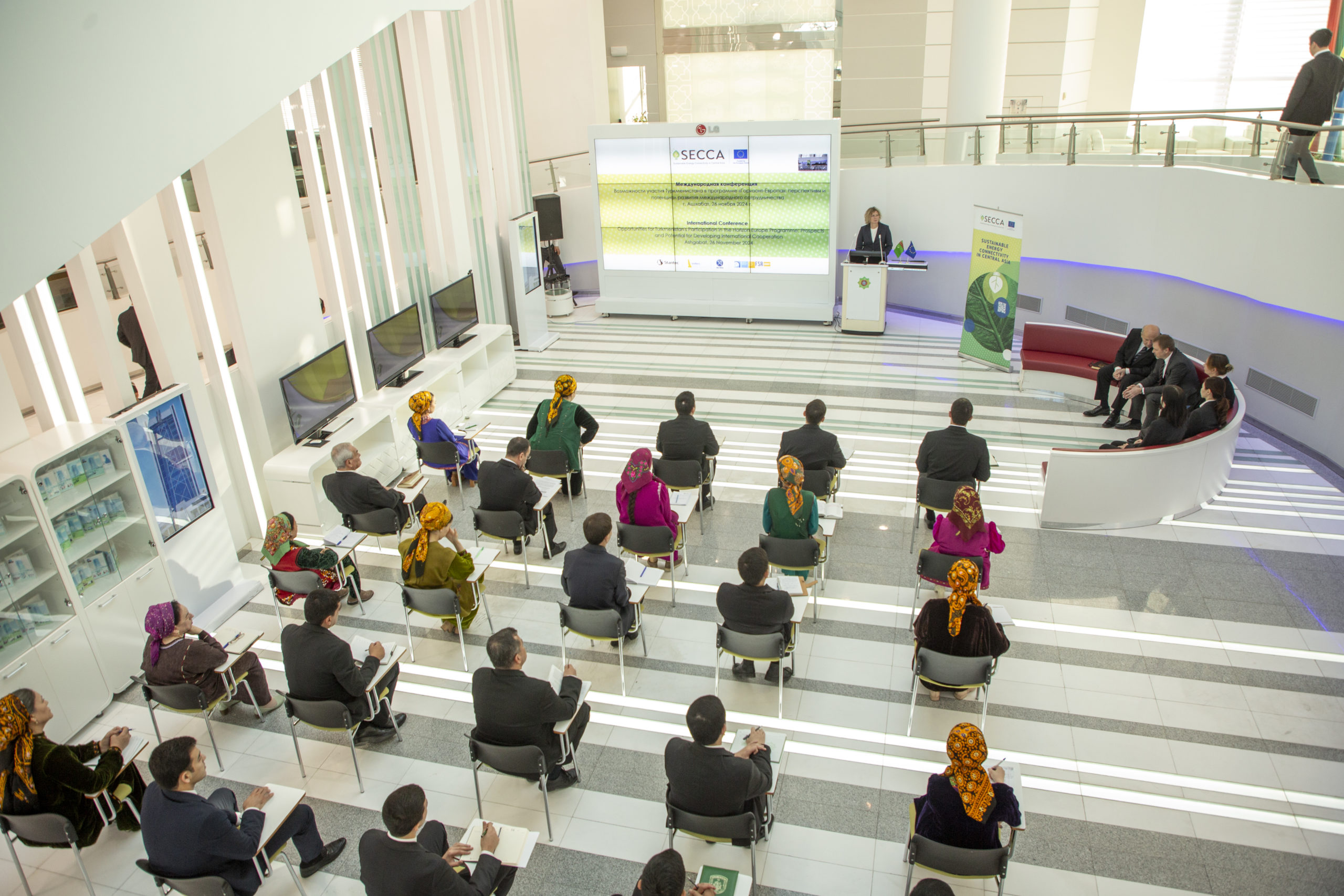Background:
The European Union is an economic and political union of 27 European countries. It is founded on the values of respect for human dignity, freedom, democracy, equality, the rule of law and respect for human rights, including the rights of persons belonging to minorities. It acts globally to promote sustainable development of societies, environment and economies, so that everyone can benefit.
The EU-funded project “Sustainable Energy Connectivity in Central Asia (SECCA)” (from March 2022 to March 2026) aims to promote a sustainable energy mix in the Central Asia region in line with EU best practices. To fulfil its mission, SECCA strives to provide for strengthened and more inclusive policy, regulatory and institutional framework for the transition to a sustainable energy system, within a regional context, and focuses on contributing to the fulfilment of international human rights commitments in CA countries, including equal access to energy, and supporting gender inclusive policies and legislation for energy efficiency (EE) and renewable energy (RE). The project activities include capacity development for EE and RE deployment, awareness raising on EE and RE, and improving investment climate for EE and RE projects. Website: www.secca.eu.
UNDP project “Sustainable Cities in Turkmenistan: Integrated development of green cities in Ashgabat and Avaza”. The objective of the project is to significantly reduce the negative effects of urban growth in Turkmenistan and simultaneously achieve the goals of social and economic development. To this end, the project provides technical assistance, organizational and political support, the organization and development of programs, as well as the promotion of behaviour change in combination with national priorities and specific needs formulated by the Government. The measures introduced in Ashgabat and Avaza have led to significant reductions in greenhouse gas emissions and social benefits in themselves, as well as creating the basis for replication in other regions of Turkmenistan.
For additional information, please contact Mrs Yelena Serebrennikova, Communication strategist, SECCA, email: media@secca.eu, WhatsApp: +77019814020, Mrs Nurgul Smagulova-Dulic, Digital Communication Expert, SECCA, email: nurgul.smagulova@secca.eu, WhatsApp: +77012066760, or the EU Delegation to Turkmenistan: Aygul.BASHIMOVA@eeas.europa.eu.
